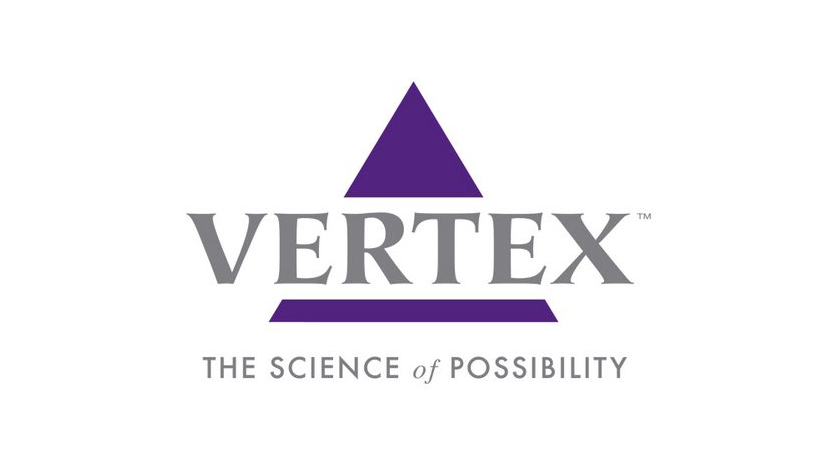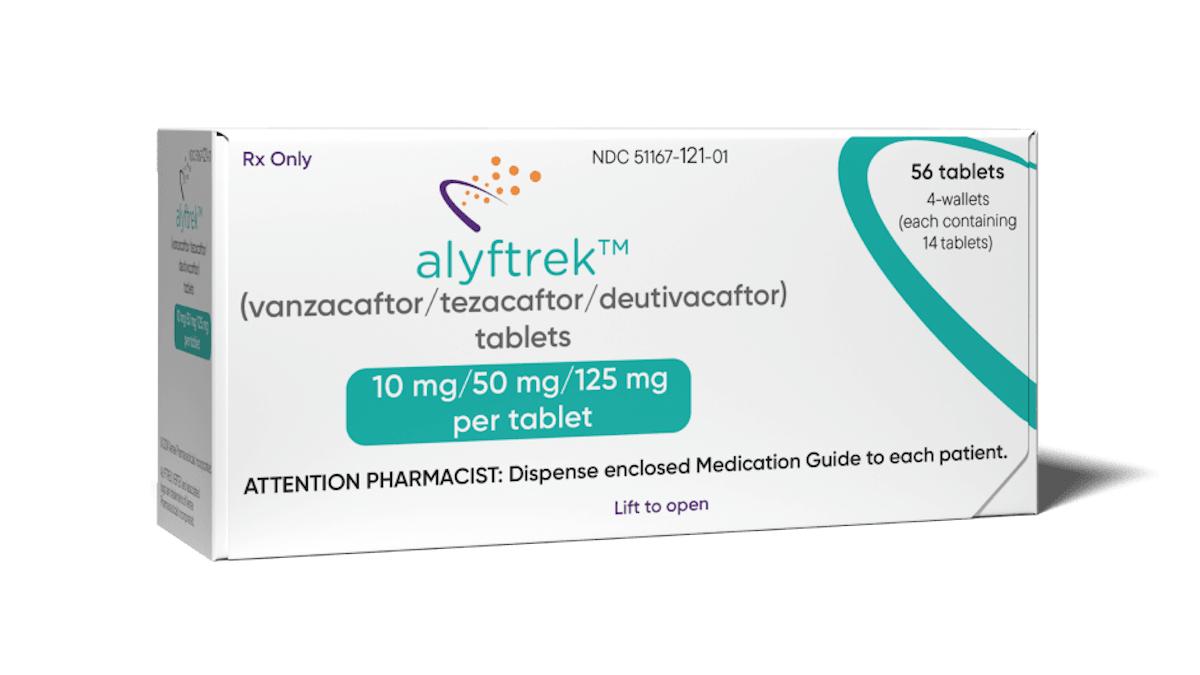Vertex CEO hints at 'new ideas' to bring Orkambi to UK patients

Vertex CEO Jeffrey Leiden has offered an olive branch to negotiators in the UK that could see the cystic fibrosis drug Orkambi finally supplied to patients in England.
Leiden said that he is to meet with health secretary Matt Hancock to discuss the matter, with several ideas to break a deadlock with the NHS and NICE over funding for Orkambi that has been going on for nearly three years.
Leiden flew over to London for a grilling by MPs sitting on the influential Health and Social Care Committee to justify his company’s pricing policies that have so far produced a stalemate, where around 9,000 patients have been denied access to CF drug Orkambi.
In the hearing Leiden said he is to meet on Monday with Hancock and Department of Health officials to discuss a deal similar to that seen in Scotland, which would see Orkambi supplied to NHS patients at a discount to the list price, pending further discussions about how to measure the drug’s cost-effectiveness.
Negotiations with the Scotland Medicines Consortium and Scotland’s devolved NHS have produced a north-south divide, where patients north of the border get access to Orkambi, but those in England do not.
Leiden said that he could not accept the current offer on the table from the NHS, which amounts to around £10,000 per patient per year for all Vertex’s approved drugs and any that are approved in the future.
This would amount to around £500 million over the next five years, and potentially more than £1 billion over a decade if the deal is extended.
But Leiden said that he is prepared to conduct further negotiations because of the pressing need to get Orkambi to patients in England.
He told the committee: “I feel their anguish. I have a sense of urgency of getting these drugs to patients. We will never walk away from these patients.”
In his evidence Leiden complained about many of the aspects of NICE’s cost-effectiveness assessments – most notably the 3.5% discount rate it applies when calculating the long-term benefits of medicines.
For drugs such as Orkambi that have the potential to extend life for many years, the last 20 years of life are “worth almost nothing” at that rate.
The committee heard from NICE’s chief executive Sir Andrew Dillon, who urged Vertex to “do what virtually every other drug company does in these difficult circumstances” and accept the offer on the table.
But Leiden said he could not accept the NHS’ offer for Orkambi and other CF drugs because it would impact on the revenues the company needs to continue with its research into CF and other rare diseases.
“Every other country will want that same offer. If we were to accede to that our total CF revenues would be 850m pounds per year. That would not allow us to develop the next set of CF medicines. Vertex at 850m pounds per year would go out of business, there would be no triple therapy. No new treatments for other diseases.”
Leiden also faced pointed questions about his salary of around 17m dollars a year, which he said consisted mainly of performance-related bonuses.
Patient Oli Rayner said that treatment with Orkambi through a compassionate use programme had kept him well enough to receive a lung transplant, and spoke of the devastating impact of the disease on his life.
He said that without Orkambi, he required treatment of up to five hours a day to help remove the mucus that builds up as a result of the disease.
In her parting comments, the committee’s chair Sarah Wollaston, said: “I hope that in all negotiations all parties will put patients front and centre.”
CF campaigner Christina Walker, whose son Luis, 8, has the disease and is eligible for Orkambi, called on Vertex to make a "proper submission" to NICE for Orkambi.
She said: “I was very frustrated that the weakness of the company's (only) submission for Orkambi was not highlighted in the oral questions, because to me that's the crux of this issue and it's what the NHS offer is based on."
Vertex yesterday reported phase 3 results from its next-generation triple therapy corrector VX-445, tezacaftor, and ivacaftor which produced statistically significant improvements in lung function, measured by predicted forced expiratory volume in one second in both trials.
One trial focused on patients with one F508 del mutation, and the other on those with two F508 del mutations.
Vertex must now choose whether to develop triple therapies based on VX-445 or VX-659, as both drugs have produced similar results in trials.












